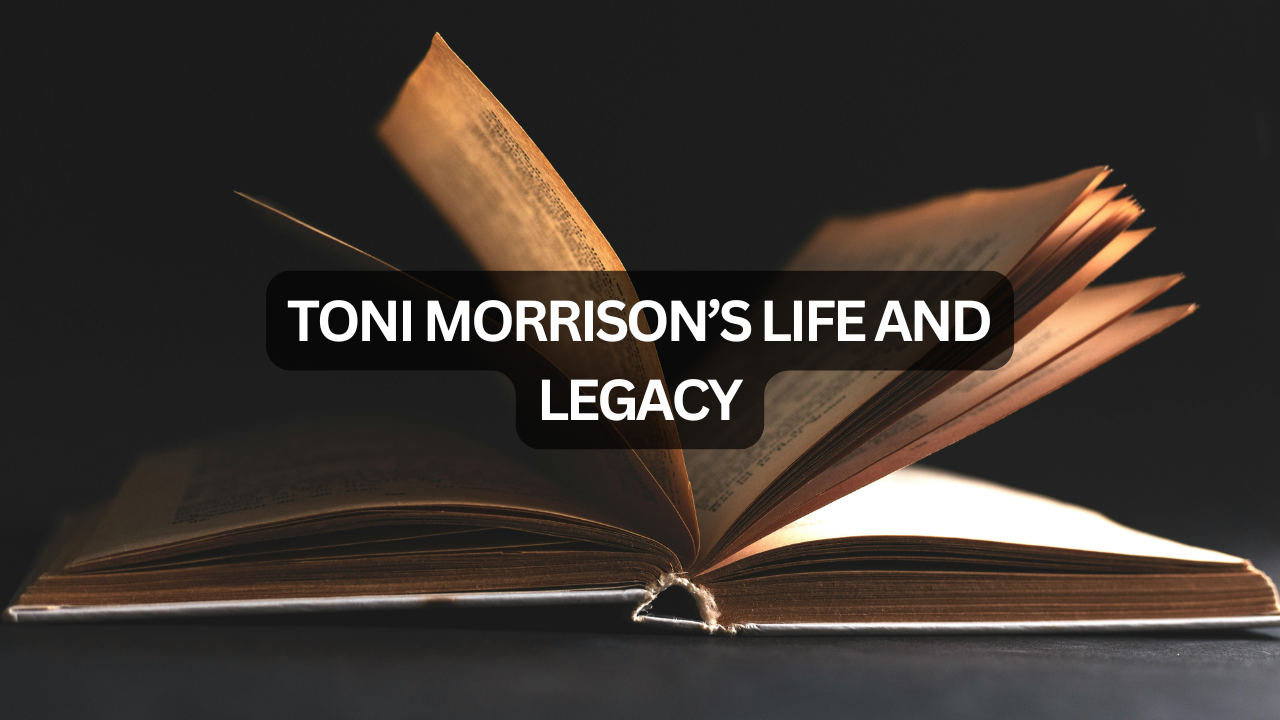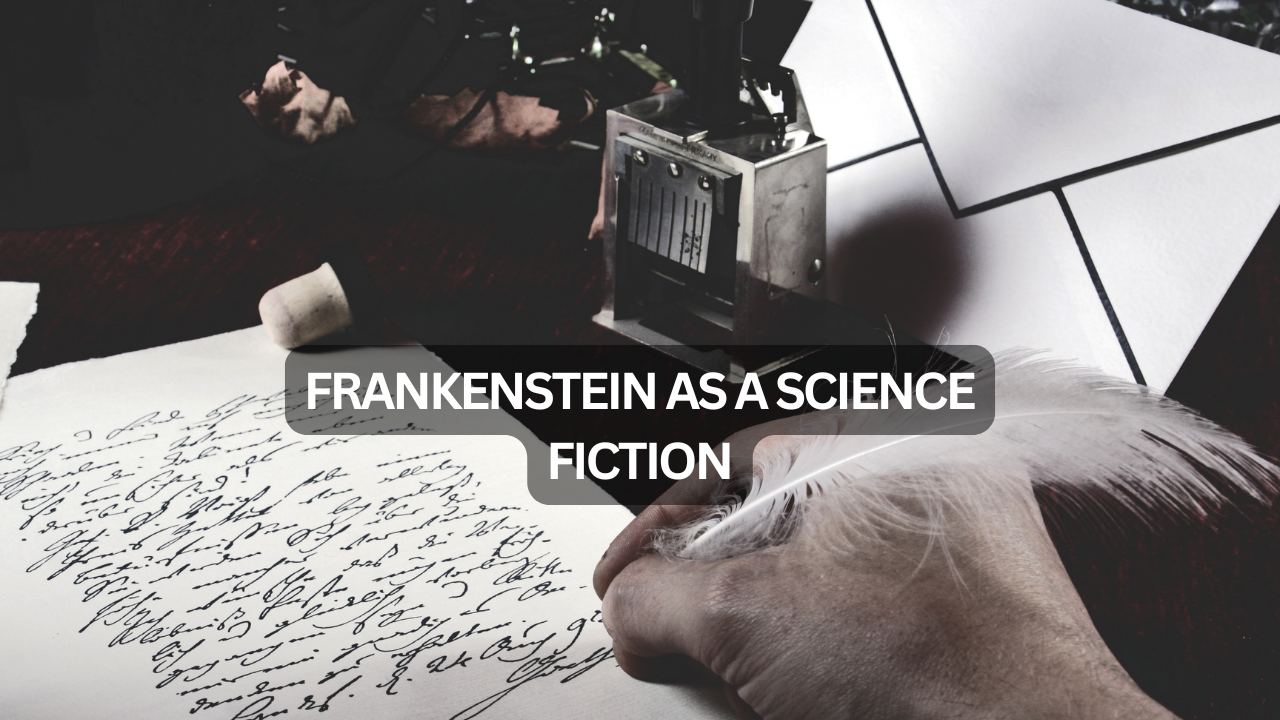If you’ve ever wanted to spend some time with characters who balance elegance with snark, look no further than Jane Austen’s Pride and Prejudice.
Bram Stoker’s Most Famous Book: Dracula and the Birth of a Legendary Vampire
When you hear the name Bram Stoker, one word probably comes to mind: Dracula. Yep, that bloodsucking count with a taste for the gothic is Stoker’s most famous creation—and for good reason.
Toni Morrison’s Life and Legacy
Toni Morrison wasn’t just a writer; she was a force of nature. The kind of person whose words didn’t just speak to the reader—they grabbed you by the shoulders, looked you straight in the eye, and made you think about the world in a way you never had before.
Frankenstein as a Science Fiction
When you think of science fiction, you probably imagine intergalactic space battles, time travel, or futuristic technology. But what if I told you that one of the first true works of science fiction is Frankenstein
Relevance of 1984 in the Modern Digital Age
If you’ve ever felt a little too aware of that camera on your phone or wondered whether someone’s listening to your conversations through your smart speaker, congratulations! You’ve just entered the modern-day world of George Orwell’s 1984—now with Wi-Fi.
Dystopian Elements in 1984
George Orwell’s 1984 is the ultimate nightmare scenario—a world where the government watches your every move, twists the truth, and controls not only what you do but what you think. Sounds like fun, right?
Heathcliff as an Anti-Hero
If you’ve ever read Wuthering Heights and found yourself conflicted about whether to love or hate Heathcliff, you’re not alone. Heathcliff isn’t your typical literary hero—he’s more of an anti-hero
Bring Up the Bodies – Mantel’s Masterpiece
If you’ve ever wondered what it’s like to navigate the Tudor court without losing your head—literally—Hilary Mantel’s Bring Up the Bodies is your perfect companion.
Why ‘Stream of Consciousness’ Narration Is So Effective in Fiction
Have you ever wanted to eavesdrop on someone’s thoughts, uncensored, unfiltered, and maybe even a little scattered? That’s exactly what stream of consciousness narration in fiction offers—and it’s one wild ride.
The Use of Magical Realism in Latin American Literature
Imagine walking down the street and a man turns into a cloud, or the moon decides to chime in on your conversation. In most places, you’d call that bizarre, but in the world of Latin American literature, it’s just Tuesday.









